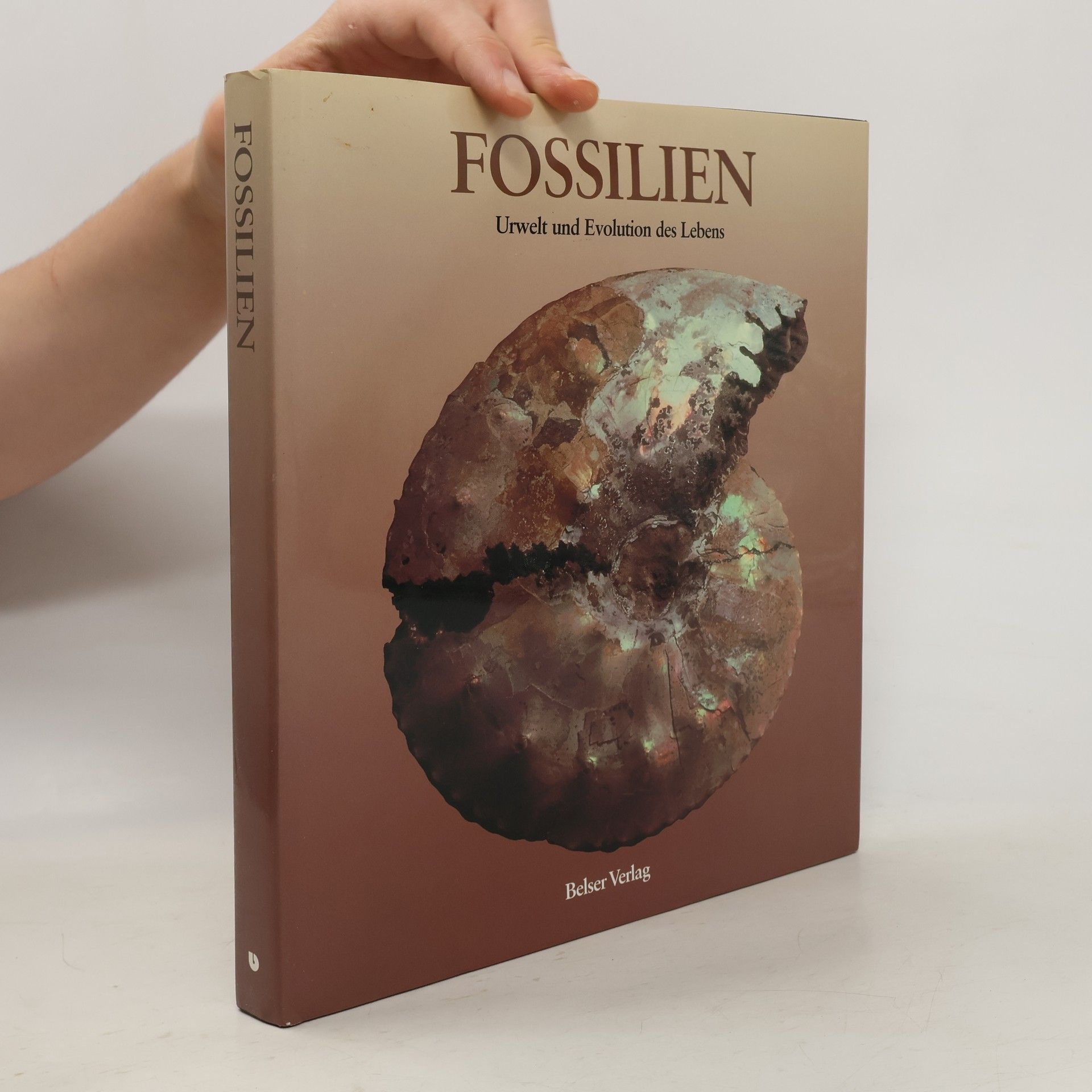The Myths of Human Evolution
- 212 stránek
- 8 hodin čtení
Niles Eldredge, spoluautor teorie přerušované rovnováhy, zkoumá evoluční proces prostřednictvím opakujících se vzorců v historii života. Kritizuje pohled na evoluci zaměřený na geny a navrhuje alternativní vysvětlení lidského chování, které bere v úvahu ekologické a evoluční aspekty. Eldredge zdůrazňuje roli prostředí při vysvětlování evolučních vzorců a odmítá myšlenku inteligentního designu. Jeho práce se zabývá rozsáhlým ničením přírodních stanovišť a druhů po celém světě.




Eldredge presents the most up-to-date examination of the creation-evolution confrontation available.